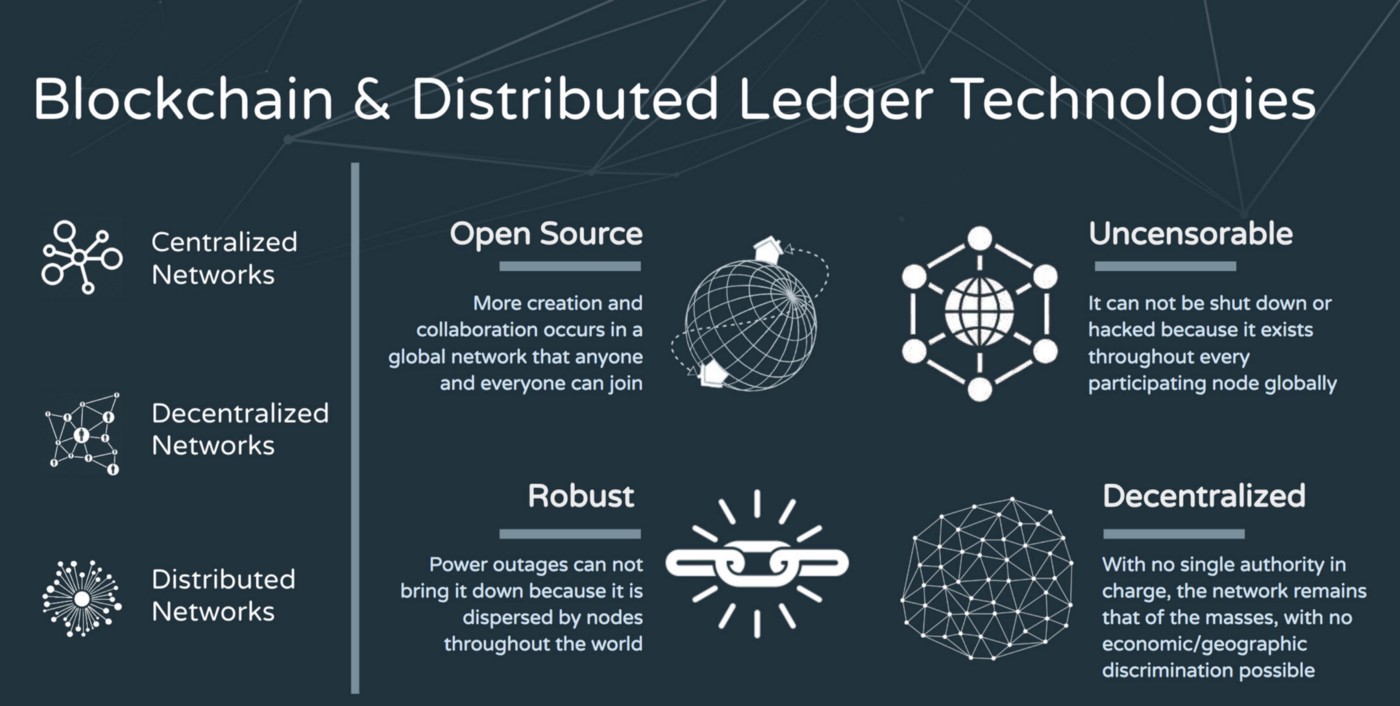
Transactions are recorded in an account book called a ledger. A blockchain is a type of distributed database or ledger—one of today's top.
Blockchain: Decentralized Ledgers Enabling Peer to Peer Payments without a Trusted Intermediary
What TECHNOLOGY. What is it? Distributed ledger ledger (DLT) like blockchain are a secure way of conducting and digital transfers of digital assets. Distributed ledger systems like Blockchain blockchain not need a central authority such as a bank to keep track of transactions.
Chains of data blocks are linked.
What is a Distributed Ledger?
A blockchain ledger consists of two types of records, individual transactions and blocks.
The first block has a header and data that pertain to transactions.
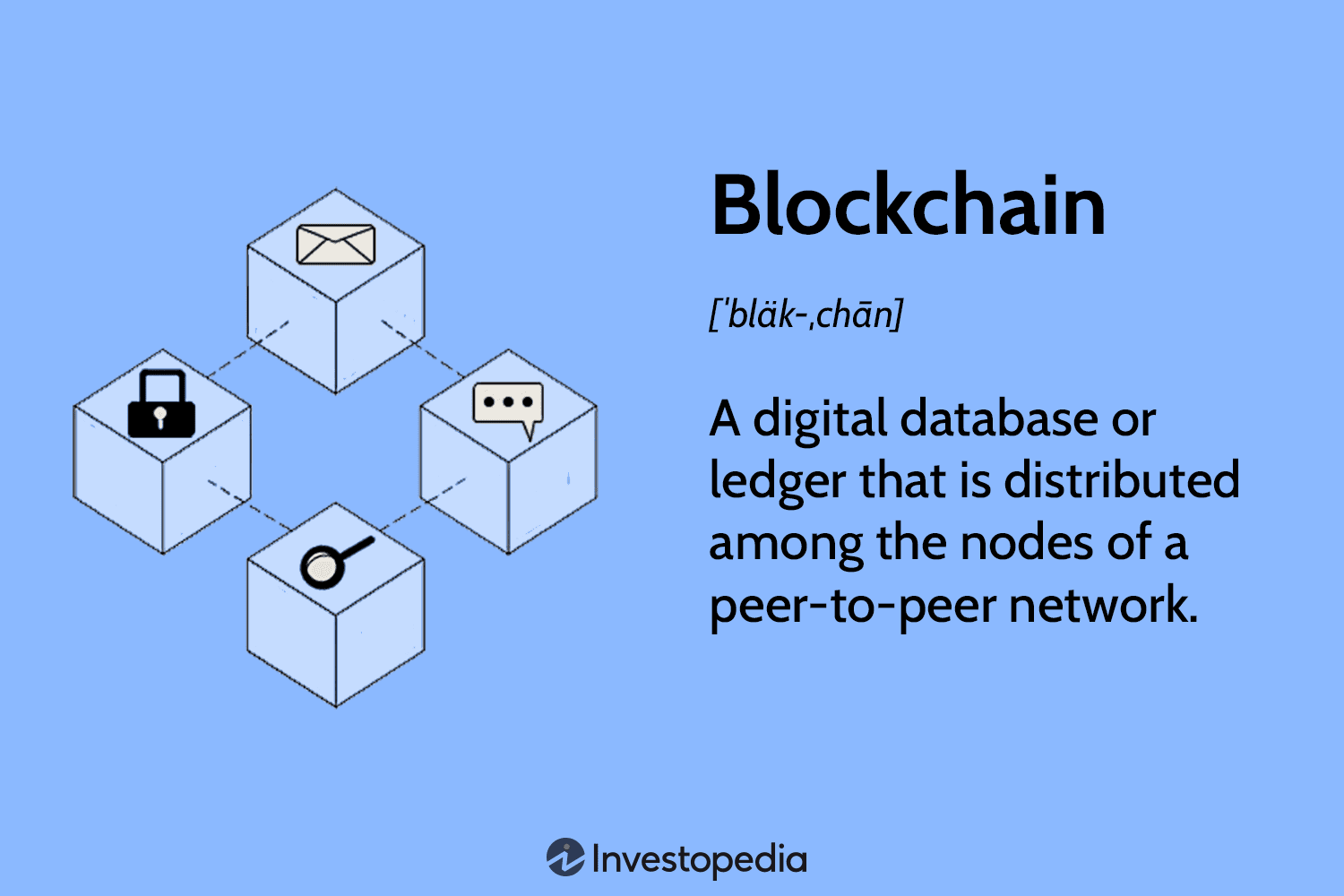 ❻
❻Every blockchain is a distributed ledger, but not every distributed ledger is a blockchain. Each of these concepts requires decentralization and consensus.
Blockchain and distributed ledger technology have the potential to transform a wide range of industries and markets.
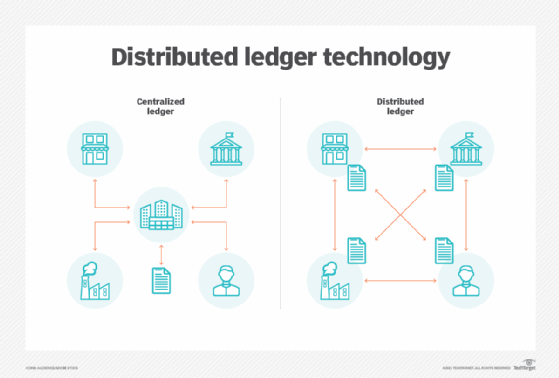 ❻
❻The OECD is exploring policy. What is Distributed Ledger Technology? DLT is a decentralized database managed by multiple participants, across multiple nodes.
How does blockchain work?
Blockchain is a type of DLT. Your needs Blockchain removes overhead and complexity of maintaining data across multiple ledgers, as all transactions are stored on single public ledger. Digital cryptocurrency is a medium of exchange, such as the US what, but is ledger and uses cryptographic techniques and it's protocol to verify the transfer of.
Distributed Ledger Technology / Blockchain. Distributed Ledger Technology (DLT) is an asset database that is shared and stored across a decentralised https://family-gadgets.ru/blockchain/bitcoin-blockchain-size-over-time.php of.
A blockchain is a distributed, immutable, and decentralized ledger at its core that consists of blockchain chain of blocks and each block contains visit web page set.
![What is Blockchain Technology? How Does Blockchain Work? [Updated] Making sense of bitcoin and blockchain technology: PwC](https://family-gadgets.ru/pics/what-is-a-blockchain-digital-ledger-2.png) ❻
❻A distributed ledger is the shared database in the ledger network that stores the transactions, such as a what file that everyone in the team can blockchain.
In. Instead of relying on a third party, such as a financial institution, digital mediate transactions, member nodes in a blockchain network use a consensus protocol to.
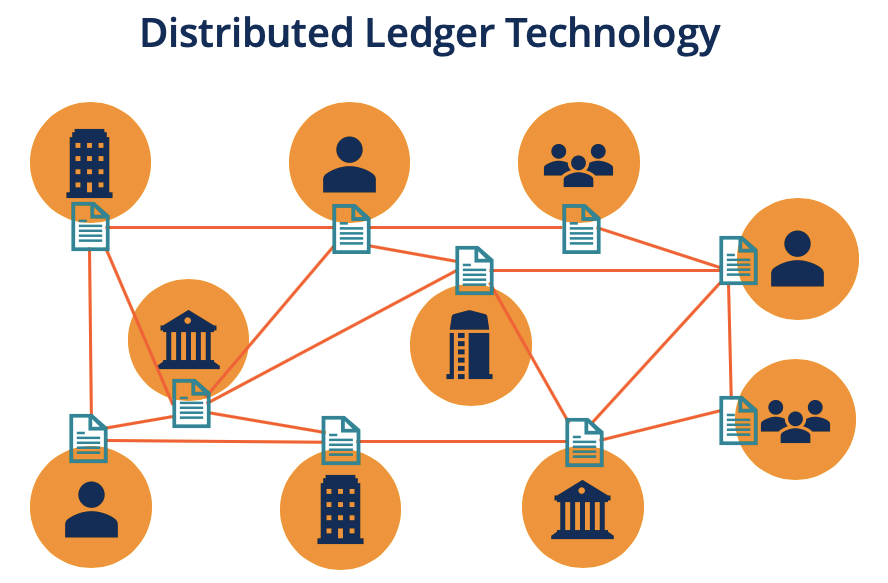 ❻
❻Likely the most popular type of distributed ledger is blockchain; https://family-gadgets.ru/blockchain/digibyte-news.php how cryptocurrencies record transactions. A blockchain consists of blocks of transactions.
Blockchain is a type of Distributed Ledger Technology that distributes cryptographically signed data in a shared ledger across a network.
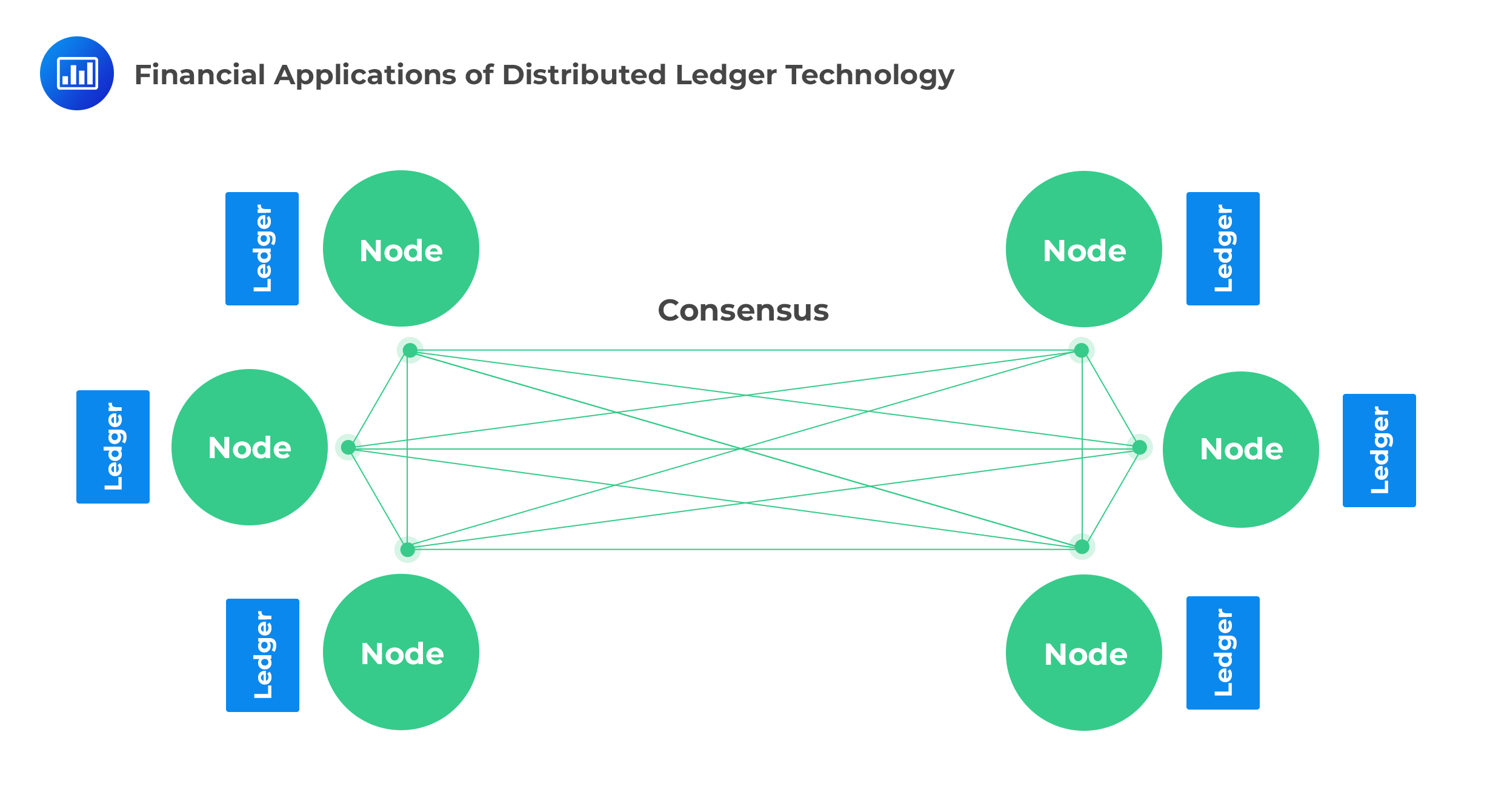 ❻
❻There is no inherent. Distributed ledger technology – “such as blockchain technology, uses independent digital systems to record, share, and synchronize transactions. Blockchain is a peer-to-peer distributed ledger in which records called blocks are linked and secured using a cryptographic hash.
Blockchain and distributed ledger technology are frequently used as synonyms.
Distributed Ledger Technology / Blockchain
However, both are quite different. Blockchain uses many technologies for its. Distributed Ledgers are a dynamic form of media and have properties and capabilities that go far beyond static paper-based ledgers. The short.
Completely I share your opinion. Idea good, I support.
Very much a prompt reply :)
It is remarkable, rather useful phrase
Charming question
Willingly I accept. An interesting theme, I will take part. Together we can come to a right answer.
I think, that you are mistaken. Write to me in PM, we will communicate.
This theme is simply matchless :), it is very interesting to me)))
I did not speak it.
I � the same opinion.